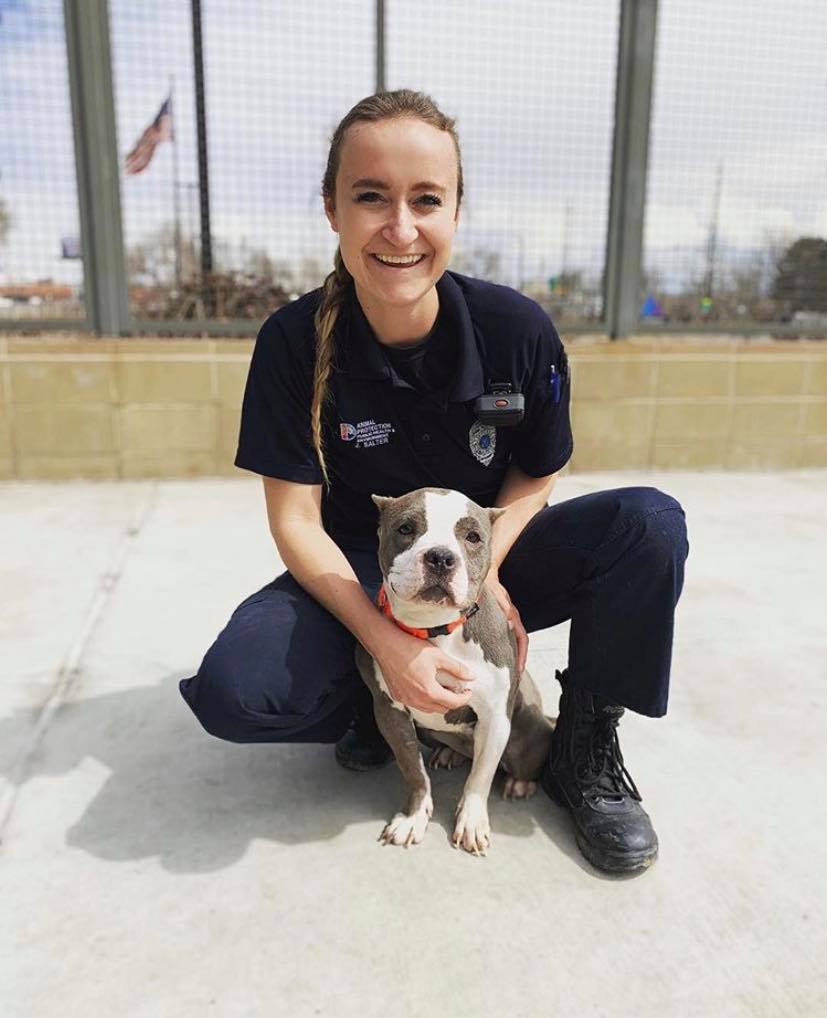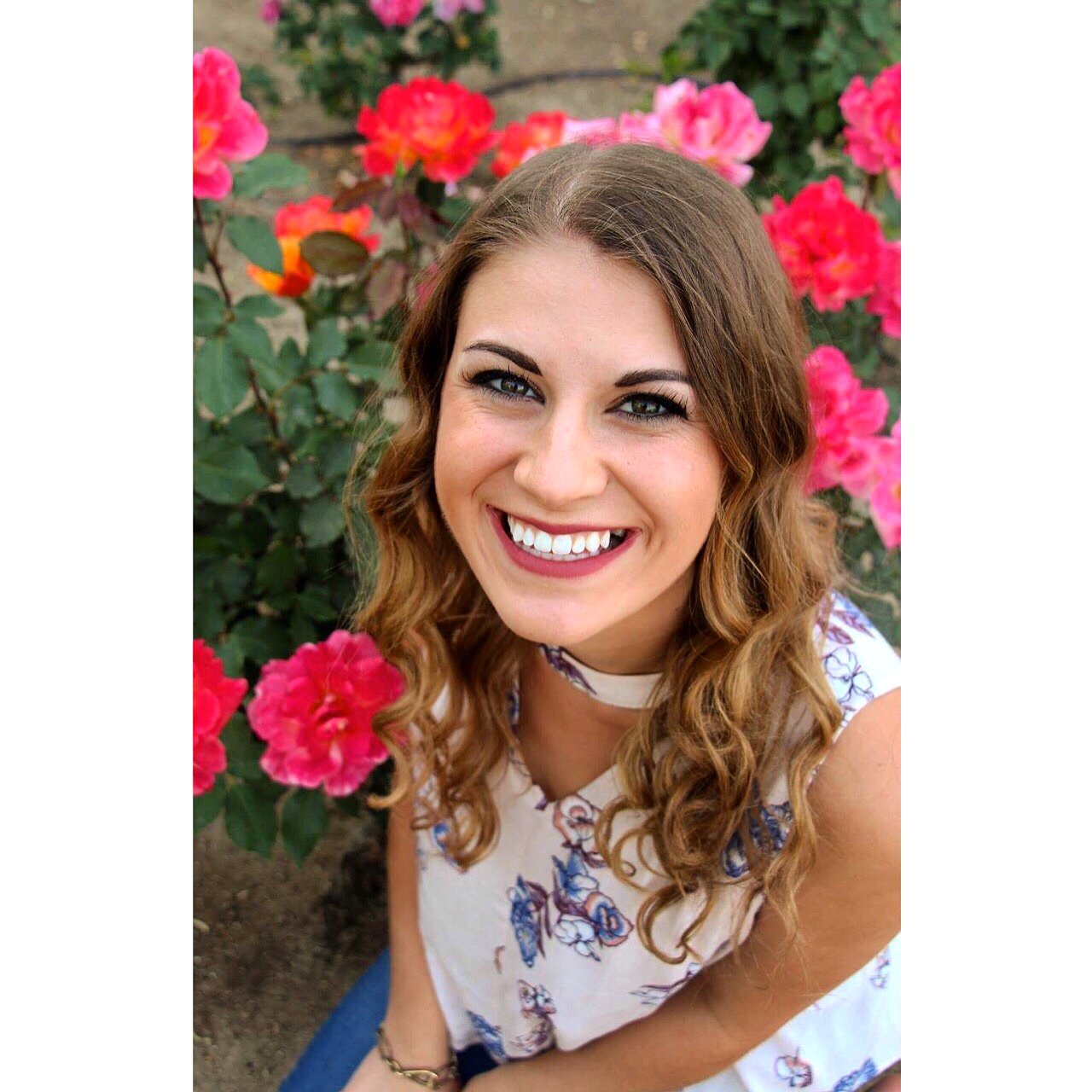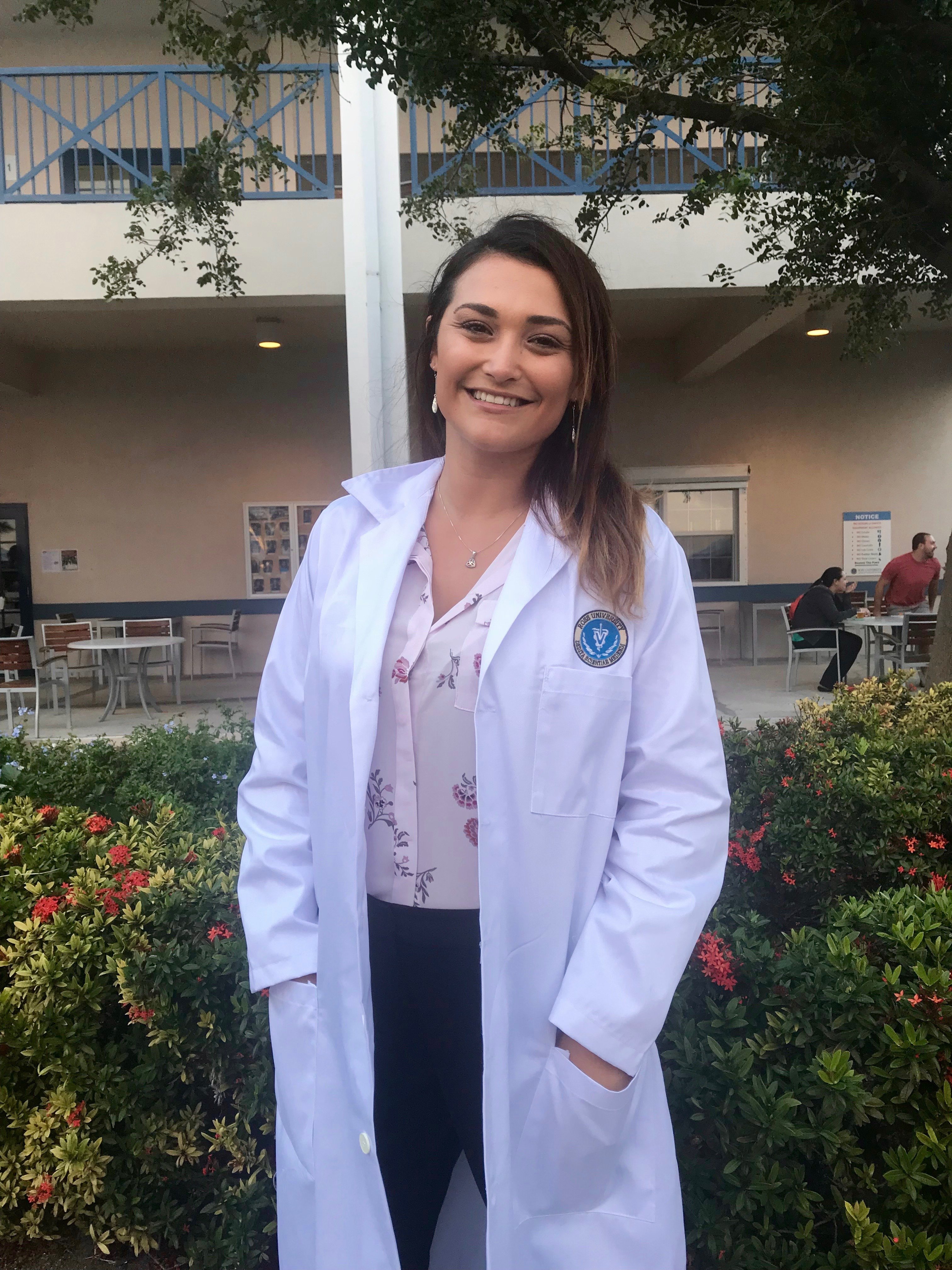University of Redlands Emergency Alert System
Alert Received: . For more information, visit: https://www.redlands.edu/alert/
Our HAST alumni have found a variety of fulfilling positions after graduation, from veterinary assistantships to dog caregivers, from research assistantships to animal protection officers, and more. Here are the stories of some of our graduates' paths to employment after college and their accounts of how HAST helped them to get there.
 My name is Jazzy Salter and I am a proud Alumni of the HAST program at the University of Redlands 2015. I was drawn to the program the moment I found out that there was an existing minor, which studied the human-animal bond in a multitude of settings. To me, it was a dream come true. The knowledge that I attained throughout the program was something that will forever impact my life as a professional and an overall human being... The program provided me with the opportunity to examine human relationships with animals from a variety of perspectives and apply to various social issues that we face and create everyday. Now I am an animal protection officer and I truly believe that this program guided me perfectly in that direction. I work both with humans and animals regarding critical issues between the human-animal bond and with the knowledge that I attained throughout the program, I am able to effectively use that in the field. Thus, I have been able to improve the human-animal bond and see issues through a critical view thanks to this program! I am so glad I was able to experience what I did at the University of Redlands and I highly recommend the HAST program to anyone who is excited about pursuing a profession in helping animals in creative, innovative ways.
My name is Jazzy Salter and I am a proud Alumni of the HAST program at the University of Redlands 2015. I was drawn to the program the moment I found out that there was an existing minor, which studied the human-animal bond in a multitude of settings. To me, it was a dream come true. The knowledge that I attained throughout the program was something that will forever impact my life as a professional and an overall human being... The program provided me with the opportunity to examine human relationships with animals from a variety of perspectives and apply to various social issues that we face and create everyday. Now I am an animal protection officer and I truly believe that this program guided me perfectly in that direction. I work both with humans and animals regarding critical issues between the human-animal bond and with the knowledge that I attained throughout the program, I am able to effectively use that in the field. Thus, I have been able to improve the human-animal bond and see issues through a critical view thanks to this program! I am so glad I was able to experience what I did at the University of Redlands and I highly recommend the HAST program to anyone who is excited about pursuing a profession in helping animals in creative, innovative ways.

Growing up with strong values for the outdoors, I was always interested in animals and conservation. When exploring college options, the University of Redlands was one of the few schools in the country that offered a program in animal studies. The HAST program was a major reason why I chose to attend the U of R. My sophomore year of college, I decided to major in Environmental Science and use the HAST minor to help me pursue a career in wildlife conservation.
Some of my most memorable classes were taken under the HAST department. The program combined ethics, sociology, and science in a way unlike any of my other classes. Looking back, I can say that having a strong background in both science and communications helped me advance my professional career. During the HAST May term class, I was able to visit wildlife rehabilitation centers and meet field professionals who helped me gain a better understanding of the diverse opportunities that exist in conservation. My animal studies knowledge helped me land two internships during college – an animal care position at a marine mammal rehabilitation center on Cape Cod and an education outreach position at The Wilds in Ohio.
Upon graduating, I moved back to my home state of Massachusetts and worked as a bird specialist at a beach on Cape Cod where I monitored piping plovers. While living on the Cape, I was able to meet and network with various field experts who eventually led me to my current position at IFAW.
I currently work in Washington, DC at the International Fund for Animal Welfare (IFAW), a global organization that works to create a better world for both animals and people. With projects in more than forty countries, our initiatives include rescuing and rehabilitating orphaned elephants in Zambia, rescuing stranded marine mammals on Cape Cod, working with the Maasai to mitigate human-wildlife conflict, and creating counter-poaching networks alongside local wildlife rangers. As the Digital Communications Specialist, I oversee the organization’s editorial content. I work closely with program directors in the field to learn project updates, develop storytelling strategies, and determine content placement for digital platforms including social, email, and website. My job allows me to combine my interest in storytelling and public outreach with my background in science. I’m fortunate to be working alongside experts in the field who advance global conservation and create innovative solutions that promote animal welfare. No matter where my career takes me, I’ll forever be grateful for my experiences in the HAST program and the advisors who encouraged me to pursue wildlife conservation.

Ever since I was a young girl, I always aspired to become a veterinarian. The HAST program at the University of Redlands helped me take that step forward in achieving this goal. By taking classes such as Animal Ethics and Policy, I learned about the complex nature of the human to animal bond. As a current veterinary student at Ross University, I have applied these concepts and ideas in my classes and, most importantly, in the clinic. Science is only one part of becoming a veterinarian, while the other half is understanding the relationships, reality, culture differences and policy’s in regard to human and animals. Animal Ethics and Policy taught me the density of these policies that I never knew existed. Thanks to the HAST program, I have an open mind to the various relationships and guidelines that will help me become a successful doctor.